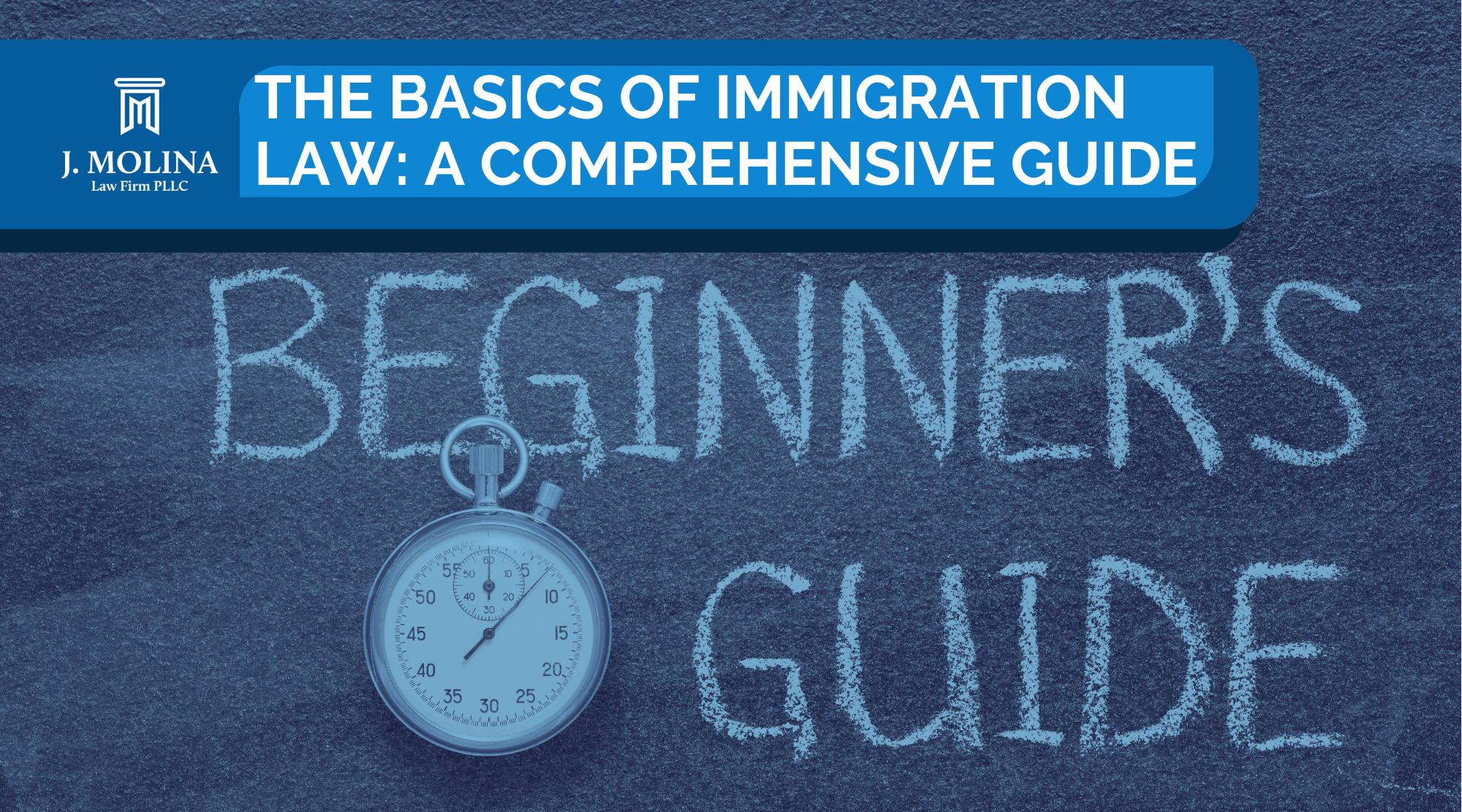Understanding immigration law in the United States can be challenging, especially for those who are new to the country or unfamiliar with legal terms. This guide will break down the basics of how the U.S. immigration system works to help you understand your options and what steps you may need to take to achieve your immigration goals.
Immigration law governs who can enter, stay, and work in the United States. It includes a variety of visa types and paths to residency, such as family-based petitions, employment-based visas, and humanitarian relief options like asylum. The process can be complicated, and each visa category has its own requirements and eligibility criteria. For many immigrants, the path to staying legally in the country may start with applying for a temporary visa or being sponsored by a family member or employer.
U.S. immigration law is based on several key principles, including the reunification of families, admitting immigrants with skills valuable to the U.S. economy, providing humanitarian protections, and promoting diversity. The law governing U.S. immigration policy is known as the Immigration and Nationality Act (INA). The INA allows the United States to grant up to 675,000 permanent immigrant visas each year across various visa categories.
The U.S. Citizenship and Immigration Services (USCIS) is the agency responsible for handling most immigration applications. After submitting an application, USCIS will review your case and make a decision based on the specific laws and regulations that apply to your situation. For some applications, you may need to attend an interview or provide additional documentation. Immigration law also determines the grounds for deportation, including overstaying a visa or committing certain crimes. If facing deportation, immigrants have the right to defend themselves in immigration court.
Navigating immigration law can be particularly challenging due to constant changes in policies and regulations. A decision that seems straightforward can become complicated if there are legal issues, delays, or misunderstandings about eligibility. This is why it’s crucial to stay informed and seek professional help when needed.
At J. Molina Law Firm, we understand that dealing with immigration law can feel overwhelming. If you or a loved one need assistance, our experienced team is here to help. Contact J. Molina Law Firm today to schedule a consultation and get the support you need.



